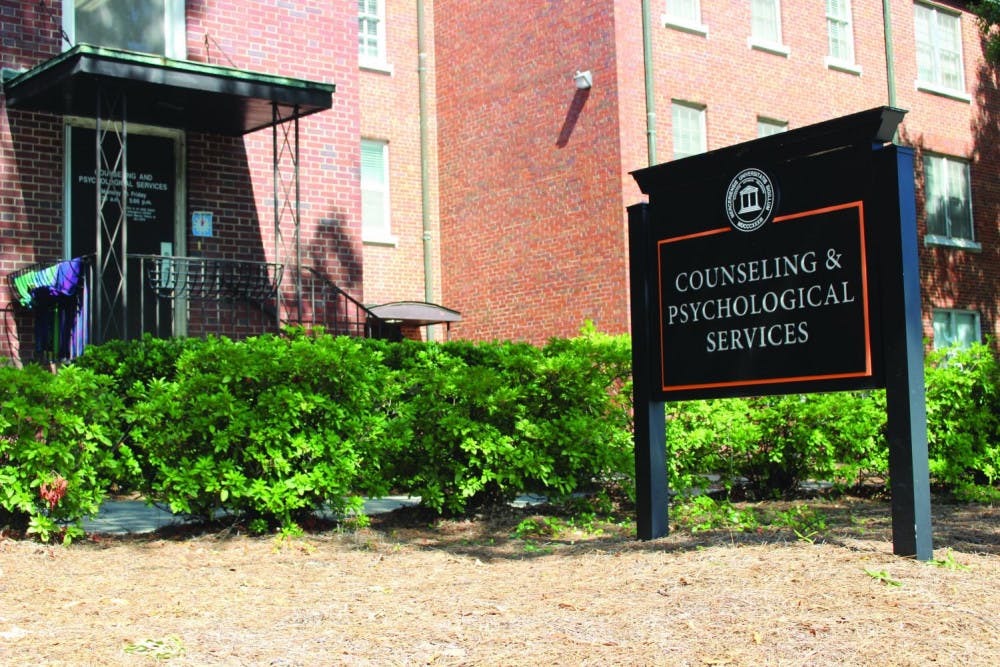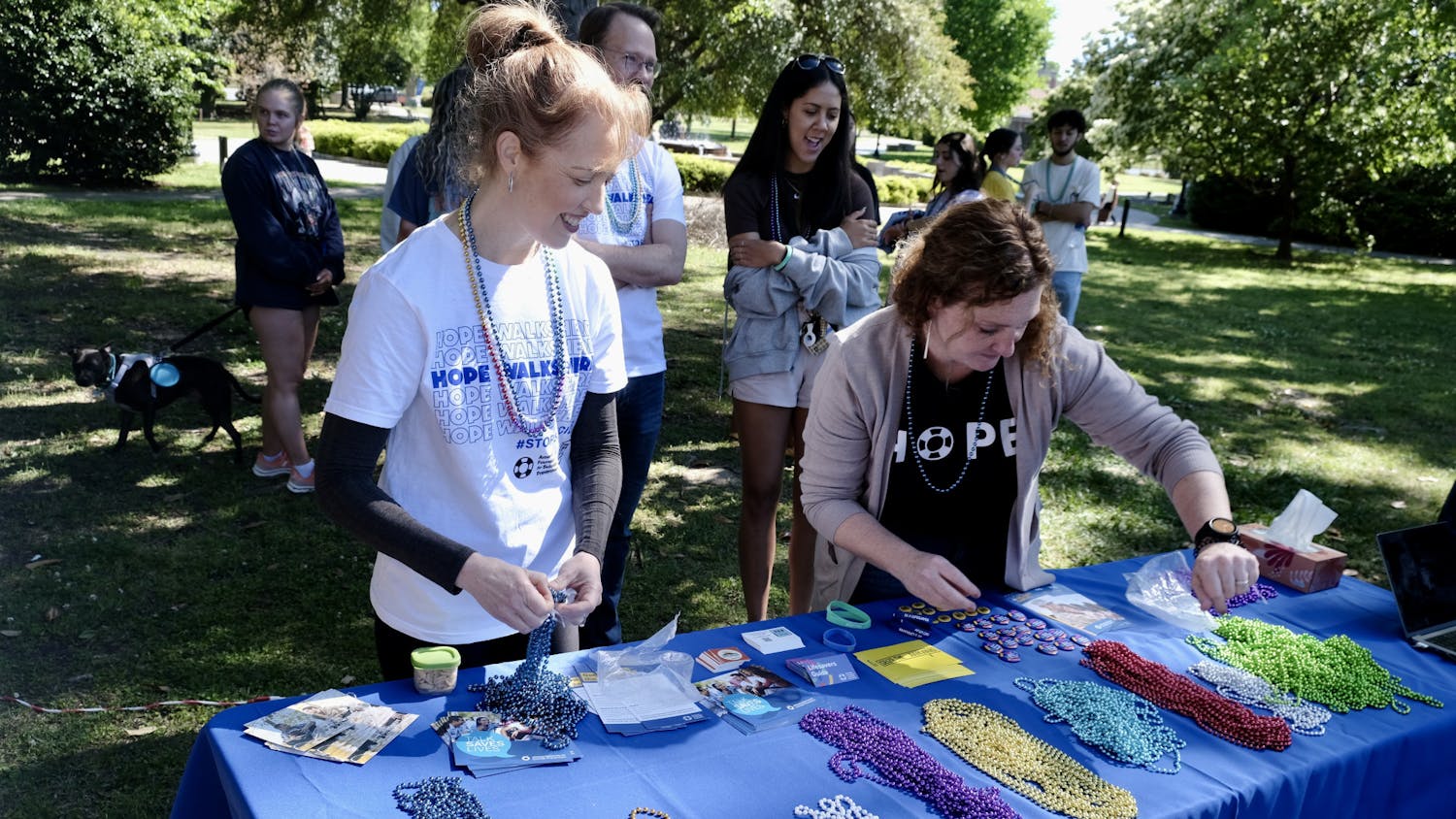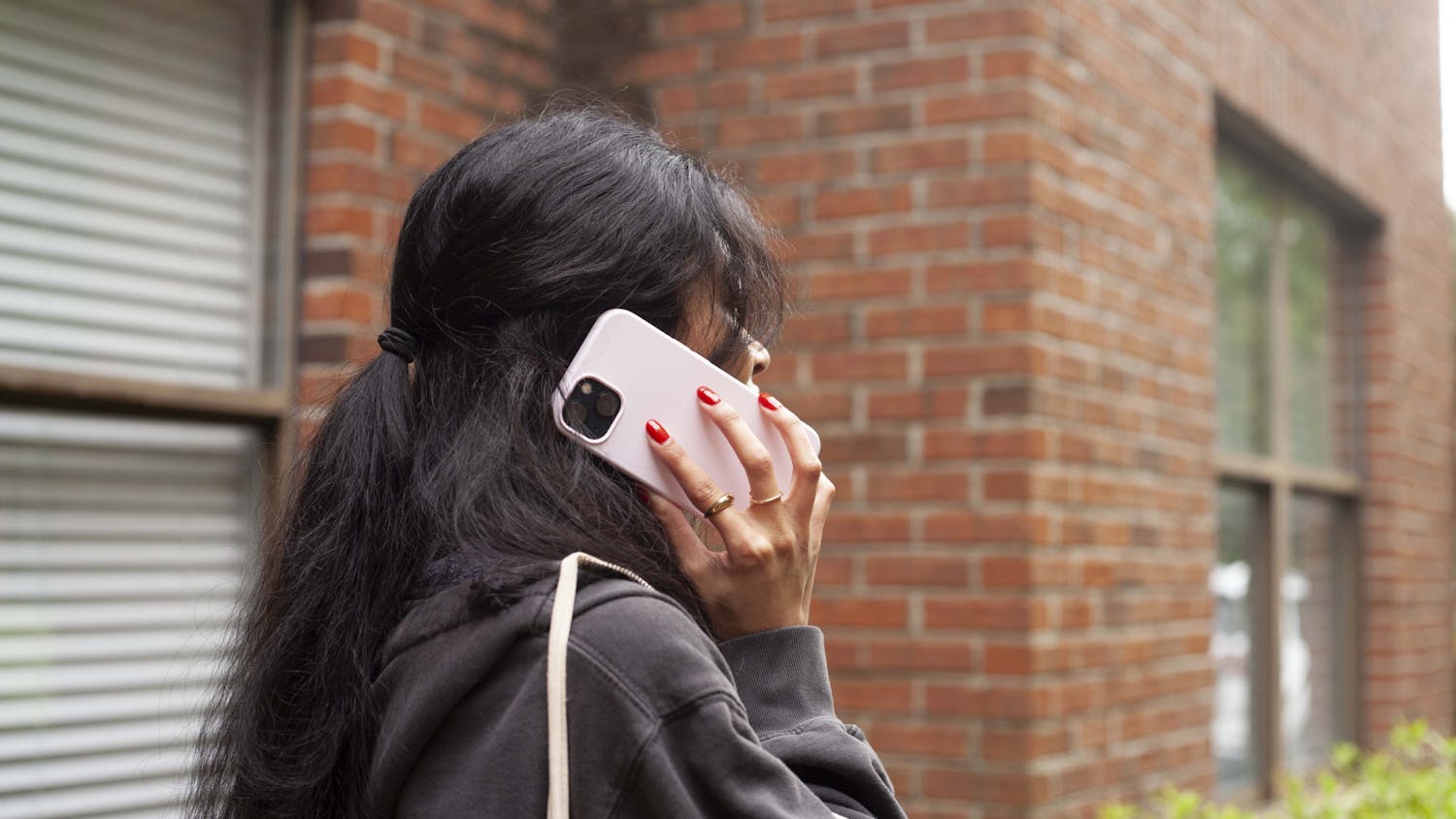The summer before my freshman year of college, my sister and I were at our last doctor appointment prior to moving to our respective campuses, discussing the possibility of accommodations with our doctor when she casually mentioned bipolar disorder.
After asking more questions, my family and I learned that I had actually been diagnosed with bipolar disorder almost 10 years ago, but a less-than-stellar doctor hadn’t mentioned that diagnosis to any of us when he was putting me on medication for it. Besides providing an answer as to why that medicine had never helped the ADHD, it also served as a huge eye-opener to me about so many things that I’d never been able to understand before.
Bipolar disorder is a mental disorder that is primarily indicated by drastic shifts in mood. It takes the form of extreme high – called mania – or extreme lows – depression. Those episodes can vary in how long they last, depending on the mood and the type of bipolar disorder that one has, and can last anywhere from hours to even months.
This seems like something that should have been noticed a lot sooner, but for my entire life, I had just chalked up the wild mood swings to ADHD. It was easy to categorize it as just another symptom of that instead of something completely different, because I never had a frame of reference to compare it to. I didn’t categorize it as extreme emotions, because it wasn’t extreme to me.
I had so much difficulty understanding why other people didn’t react to things the same way that I did. My hyperactivity and energetic nature wasn’t always ADHD though, but manic episodes. Even as I write this article, I’m realizing how many of my memories of getting gently scolded about being hyperactive was actually because no one recognized it as a manic episode.
Almost one percent of the US population, or 2.3 million people, currently has bipolar disorder. There is currently no cure, but it’s often treated through the use of mood-stabilizers and psychotherapy. While people with bipolar disorder are more likely to be violent to themselves instead of others, stereotypes often paint us as violent or malicious. When researching depictions of bipolar disorder, some of the most recognizable characters who had the disorder were villains like Annie Wilkes, Norman Osborn or Harvey Dent.
During my first semester at Mercer, the Counseling and Psychological Services office held an event to discuss suicide prevention that all freshmen were required to attend. There was a part where students were allowed to take part in a discussion, and one student stood began discussing the stigma around mental illness. He was arguing to destigmatize it, but at one point, he used the word “bipolar” as an insult, and I felt like I had a knot in my stomach. There was no denying that he meant well, but all I could do was shrink back in my seat and wait for the event to be over. When I got back to my dorm that night, I remember crying on the phone to my mom and asking her if there was something wrong with me.
The stigma surrounding bipolar disorder was completely new to me, and it became a source of stress to me during my first year at college. In between class issues, struggling to make friends and wondering where on earth SEB was supposed to be, I worried if everyone else could just look at me and somehow see that I was bipolar and thus different. Besides that, I struggled to find easily accessible information online to learn how to manage it, and what any of this even meant. It had taken me so long to understand ADHD, and this new diagnosis felt like an unexpected boss fight when I was out of lives.
Coping with it mainly involved recognizing the extremes and taking the time to accept and process however I needed to process in that moment. Finding understanding friends helped a lot too. Ultimately, it still isn’t a solid strategy, because there are still days where I’m just excited and high on life and others when getting dressed seems like the most pointless thing in the world. There’s a reason that medication is such a big part of treatment, but current circumstances prevent me from being able to utilize it.
Still, at the end of the day, I wish that the stigma around bipolar disorder wasn’t there. Hearing an unaware friend joke that the weather is bipolar will always make me wonder if she’d consider me as flaky and turbulent as Georgia weather if she knew.
Just because my emotions can swing from one extreme to the other doesn’t mean I’m dangerous, but it does make me worry that they’ll think I am.
Beyond the Diagnosis: How I dealt with bipolar disorder when transitioning to college

The Counseling and Psychological Services office is located behind Mary Erin Porter Hall on Mercer's campus.




